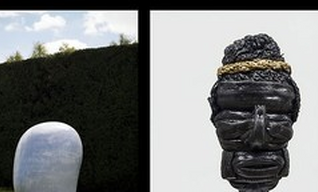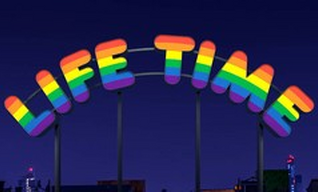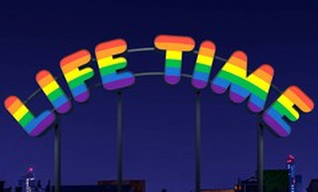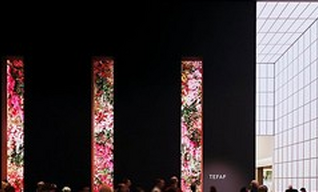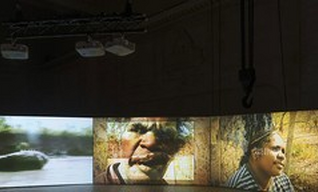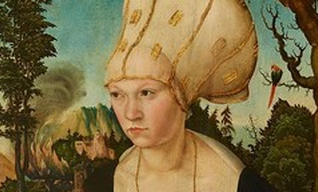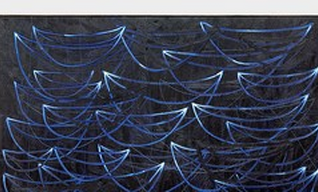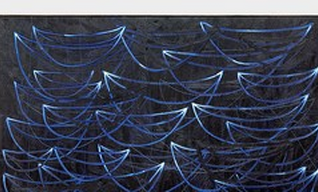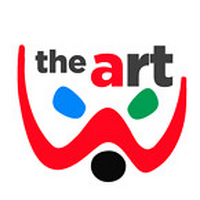
ART & the Art World
-
Noch keine BeiträgeHier wird noch geschrieben ... bitte schaue bald nochmal vorbei

ART & the Art World
Weitere Profile
Facebook , LinkedIn , Pinterest , RSS English , RSS Español , Twitter
Fehler!
Leider konnte der Artikel nicht gefunden werden.
We can't find the internet
Attempting to reconnect
Something went wrong!
Hang in there while we get back on track

